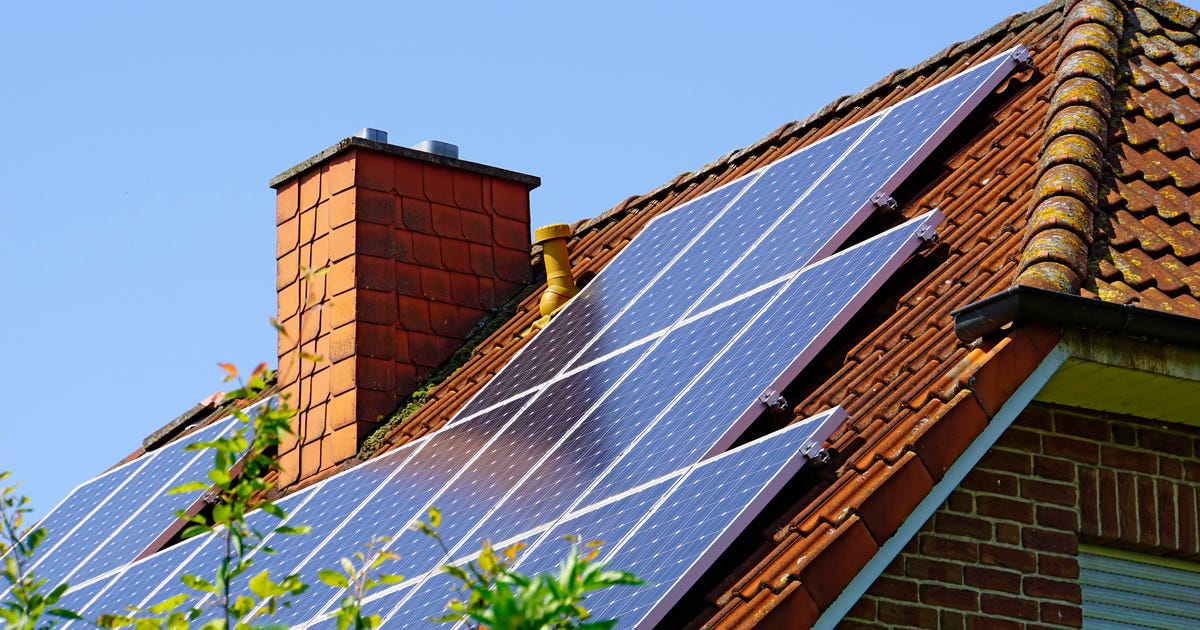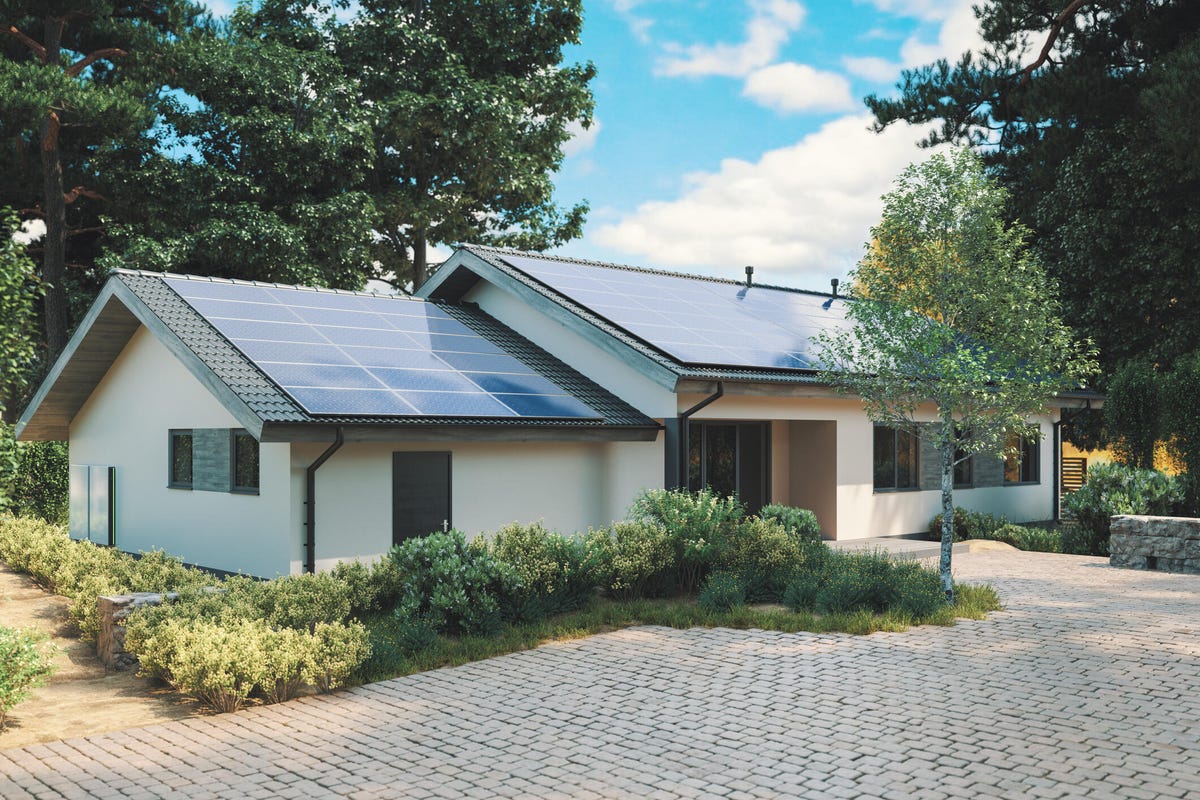
This story is part of Home Tips, CNET’s collection of practical advice for getting the most out of your home, inside and out.
Putting solar panels on your rooftop can offer benefits such as slowing climate change, which is caused by burning fossil fuels for energy, lowering your electricity bill, and maybe even selling excess solar power back to the grid you once relied on. It can also fatten your wallet, especially when you claim some of the tax exemptions that are available to you.
There are a number of solar panel tax redemptions available at both the state and federal level. We’ll guide you through what tax breaks are out there and how to take advantage of them.
Read more: CNET’s Best Solar Companies
Advertiser Disclosure: SaveOnEnergy, owned by CNET’s parent company Red Ventures, can help you find the right energy fit for your home. The SaveOnEnergy marketplace helps you search, compare, sign up and save on the right energy fit for your home — all for free. If you’re interested in solar, answer a few questions to get an exact price quote from our solar advisers.
Federal solar tax credit
The federal government currently offers a tax credit to homeowners and businesses that choose to install solar panels on a property. Known as the residential clean energy credit, it allows people to deduct up to 30% of the cost of installing solar panels. The credit was expanded and extended in 2022 under the Inflation Reduction Act, and will remain at 30% through 2032. It will drop to 26% in 2033 and 22% in 2034, before being phased out entirely in 2035.
The tax credit covers the cost of solar panels, labor for the installation process, and additional equipment including wiring, energy storage devices like solar batteries and sales tax paid on purchases in states that do not offer sales tax exemptions.
One of the benefits of the federal credit is that it covers purchased solar systems, no matter how you finance them. Whether you buy your solar panels outright or choose to finance them with a loan, the tax credit is still available to you. It’s even available if you are not a homeowner but live in a cooperative housing situation and will be paying for part of the installation. However, the credit does not apply if you lease solar panels: You must own them to get the tax credit.
To claim the solar investment tax credit, you will need to file IRS Form 5695 as part of your federal tax return. Following each step of the form will help you calculate your total deduction.
State-level exemptions
Each state offers its own line of exemptions and incentives to encourage people to purchase and install solar panels on their homes. The two most common are property tax exemptions and sales tax exemptions.
Property tax exemption
The most common state-level solar tax incentive is a property tax exemption. This allows homeowners to exempt the value of their solar energy system from the overall value of their property, which helps to keep their property taxes down. Because solar panels typically add value to a property, installing them would typically increase the amount of property taxes that you would have to pay.
The exact exemption will vary from state to state, but 25 states (plus Washington, DC and Puerto Rico) offer a property tax exemption for homeowners who install a solar system. Your solar system will be automatically excluded from your property value during assessments.
Sales tax exemption
The other commonly available tax incentive for solar system buyers is a sales tax exemption. This helps reduce the cost of purchasing a solar system by exempting the equipment and other parts of the system from the standard sales tax that would otherwise be applied to a retail sale or transaction.

State and local sales and property tax breaks might be available to people getting solar panels.
imaginima/Getty Images
The exemption status will depend on each state’s laws. Some exempt all parts of a solar system purchase while others will only exclude certain components. There are 25 states that currently offer a sales tax exemption on solar systems. Sales tax exemptions should be applied automatically at the time of purchase.
How to find solar tax exemptions
To find out what tax exemptions and incentives are available to you, check out the Database of State Incentives for Renewables and Efficiency, a service that tracks all solar incentives across the US and will help you determine what ones are available to you.
Claiming them is easy enough. While you will need to file an additional form to claim the federal tax credit, sales and property tax exemptions should be automatically applied. While sales tax exemptions are usually one-time deductions of 100% of the applicable sales tax, property tax exemptions have a bit more variation. Some property tax exemptions lapse after 10 or 20 years or are only for part of a solar system.
Researching before can also alert you to additional rebates from your state or utility, which are less common than the tax exemptions mentioned here.
Solar panels are a great investment in your property, your future and the planet. It’s made even better when you can benefit from tax credits at the federal and state level while making this purchase.
